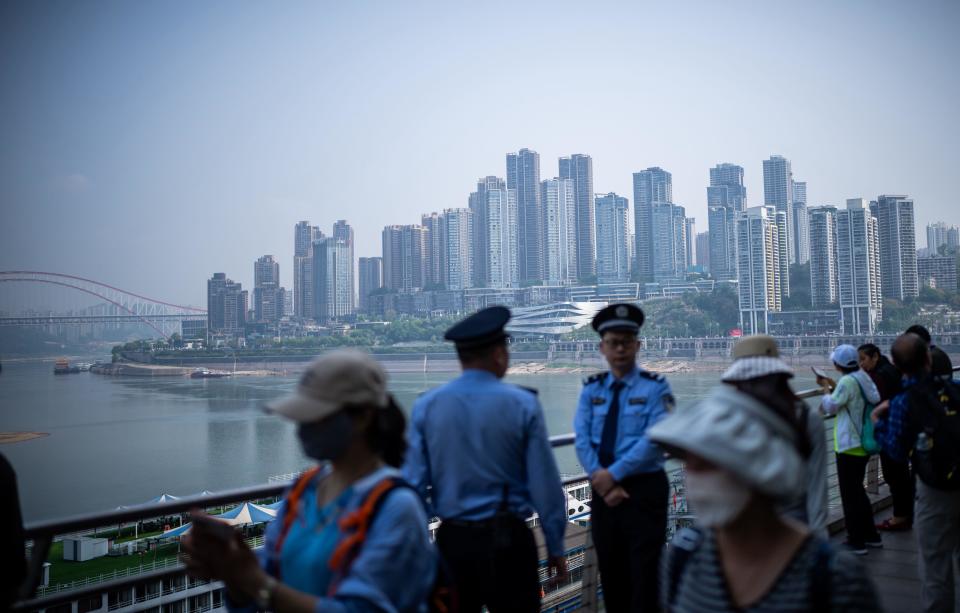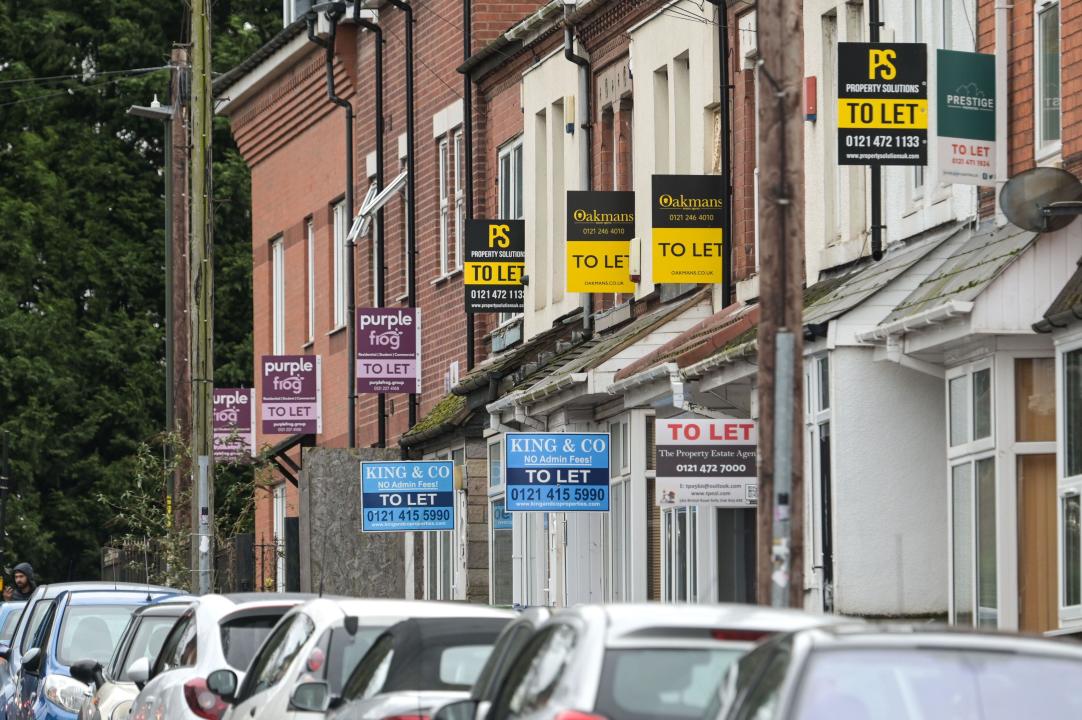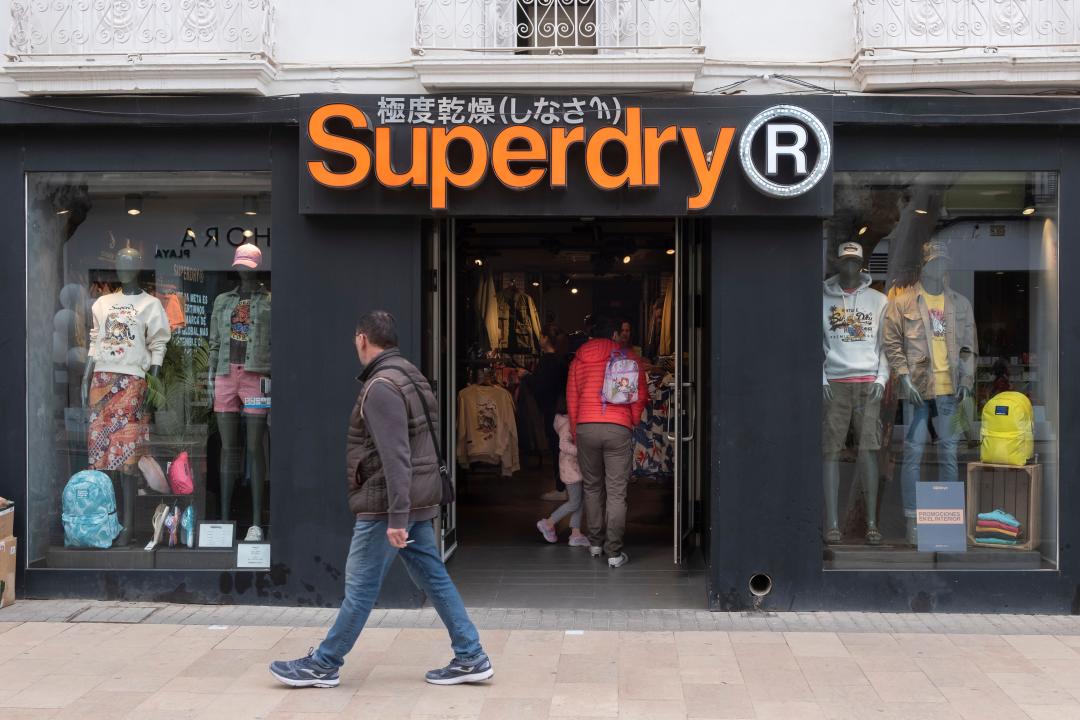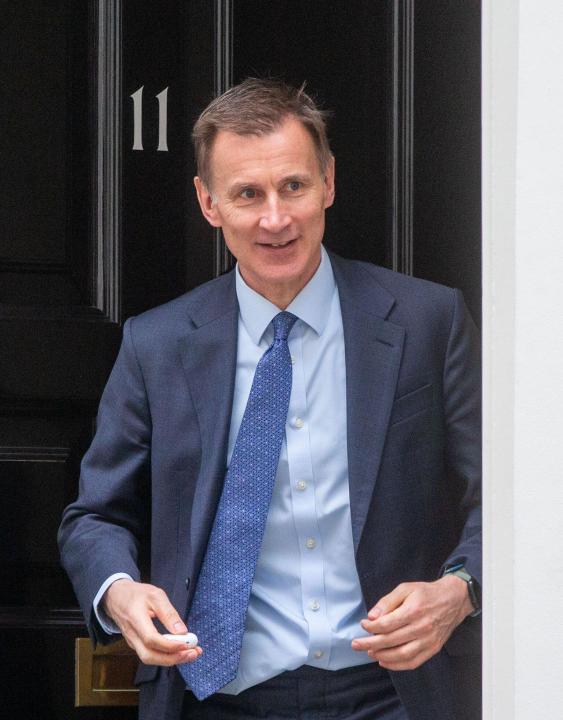

The FTSE 100 (^FTSE) and European stocks tumbled into the red on Tuesday despite news that the Chinese economy grew faster than expected in first quarter.
Gross domestic product (GDP) rose 5.3% in the country the first three months of the year, beating expectations that the world’s second largest economy would see growth slow to 4.6%.
It came as the Office for National Statistics (ONS) revealed that the rate of UK unemployment rose to 4.2% in the three months to February.
-
London’s benchmark index was 1.3% lower in early trade, with miners and banks among the fallers
-
Germany’s DAX (^GDAXI) dipped 1.4% and the CAC (^FCHI) in Paris also headed 1.4% into the red
-
The pan-European STOXX 600 (^STOXX) was down 1.3%
-
Wall Street is set to open lower as S&P 500 futures (ES=F), Dow futures (YM=F) and Nasdaq futures (NQ=F) were all in negative territory
-
UK unemployment rate jumps by more than expected
-
Superdry (SDRY.L) shares tumble 34% after launch of delisting turnaround plan
Continued concerns over tensions in the Middle East, along with worries over how soon central banks will start cutting interest rates, are dampening risk appetite among investors.
Victoria Scholar, head of investment at interactive investor, said: “Risk-off sentiment is gripping European markets today…as negative momentum from yesterday’s sell-off on Wall Street carries forward to this morning’s price action.
“The strength of the US dollar is proving problematic for risk appetite as hopes fade of a near-term rate cut stateside. San Francisco Fed President Mary Daly said there’s ‘no urgency’ to cut US interest rates.
“There are also worries about rising geopolitical tensions in the Middle East with concerns about how Israel plans to respond to Iran’s attack over the weekend.”
Follow along for live updates throughout the day:
Live12 updates
Watch: What is a recession and how do we spot one?
Download the Yahoo Finance app, available for Apple and Android









